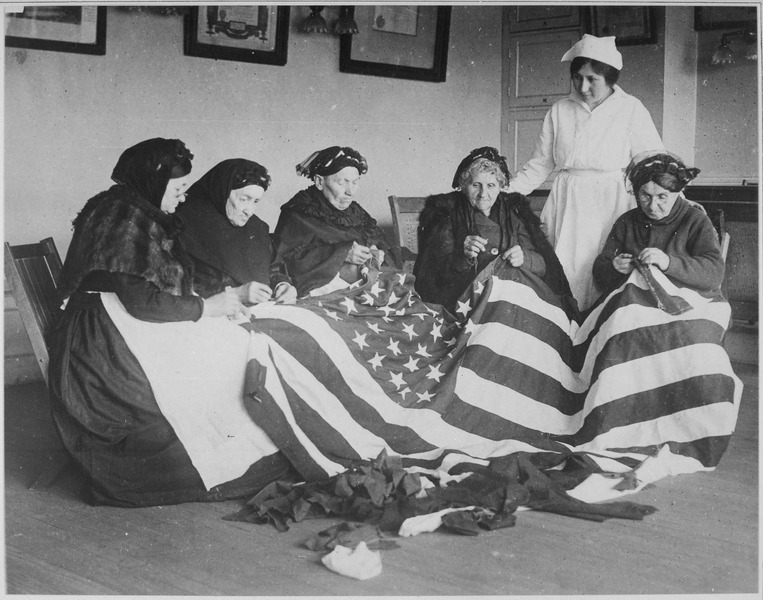Prompted by the discussion surrounding Rachel Dolezal’s NAACP resignation, this series of posts is about how and when we take performativity seriously…, and when it bows to interests in historical or experiential specificity.
Race, as many have pointed out for years, is not biological. This point raises questions about the basis on which it is determined. Is it ancestry, appearance, cultural practice, or something else? That complicated question has come to greater prominence in light of the media circus around Rachel Dolezal and her assertion of an African-American identification. While discussions of Dolezal often focus on the process of self-identification and strategic choices made in relation to that self-identification, I want to focus, instead, on the strategic nature of the act of ascribing identification to someone else. Continue reading “Strategic Ideologies”

 Multiple cases of the shooting deaths of unarmed men (who often are African-American) in the streets of the United States at the hands of people who are supposedly working to protect others from violence (and who typically are not African-American) have generated important discussions about institutional racism, hatred, and the militarization of police. In “
Multiple cases of the shooting deaths of unarmed men (who often are African-American) in the streets of the United States at the hands of people who are supposedly working to protect others from violence (and who typically are not African-American) have generated important discussions about institutional racism, hatred, and the militarization of police. In “ On this Canada Day, we’d like to take moment and ensure that everyone knows the words to the Canadian national anthem — if only to get a free beer, should you ever come across one of these red refrigerators.
On this Canada Day, we’d like to take moment and ensure that everyone knows the words to the Canadian national anthem — if only to get a free beer, should you ever come across one of these red refrigerators. The unrivaled success of the modern identifier that goes by the name of nationalism is that it is reproduced and thereby reinforced at countless, intertwined sites — I recently posted briefly on the
The unrivaled success of the modern identifier that goes by the name of nationalism is that it is reproduced and thereby reinforced at countless, intertwined sites — I recently posted briefly on the  I was thinking of writing a post on the World Cup as an exercise in unbridled nationalism…
I was thinking of writing a post on the World Cup as an exercise in unbridled nationalism…  Today is Memorial Day in the U.S. — a federal holiday marking a time to remember the past sacrifices of members of the armed forces.
Today is Memorial Day in the U.S. — a federal holiday marking a time to remember the past sacrifices of members of the armed forces.
 Recently, news sites and social media frequently discussed a
Recently, news sites and social media frequently discussed a 
 If you’re in North America, at least, you can’t help but know that the Superbowl was last weekend — an annual celebration of football, yes, but also consumerism, since unveiling new and expensive-to-produce commercials has become part of its broadcast tradition.
If you’re in North America, at least, you can’t help but know that the Superbowl was last weekend — an annual celebration of football, yes, but also consumerism, since unveiling new and expensive-to-produce commercials has become part of its broadcast tradition.